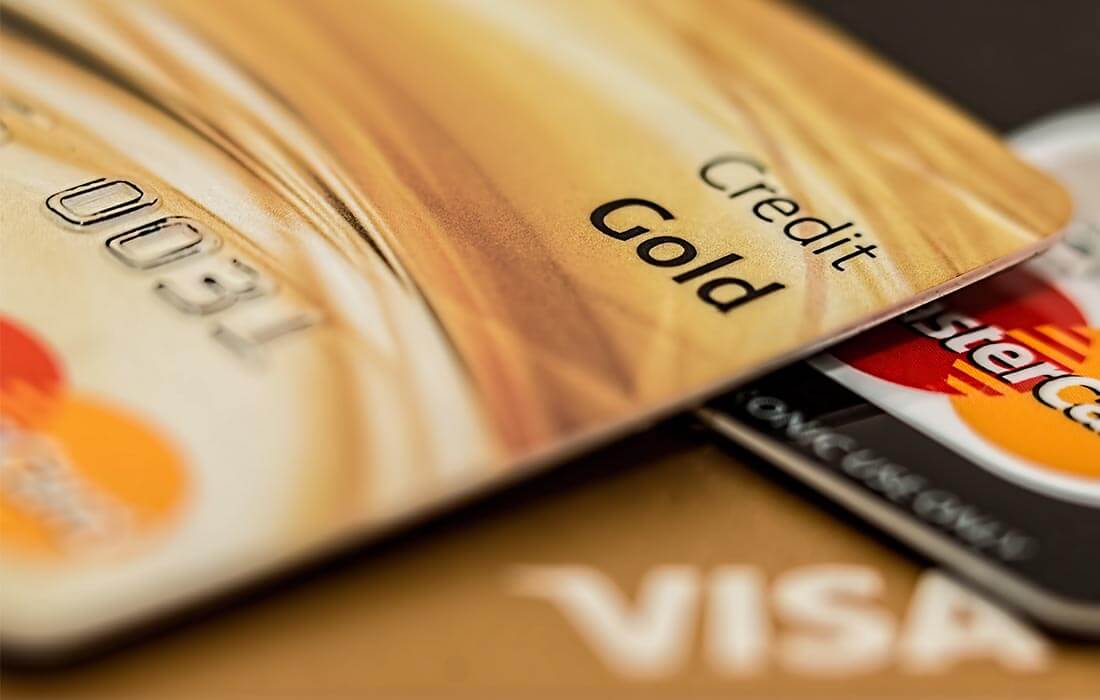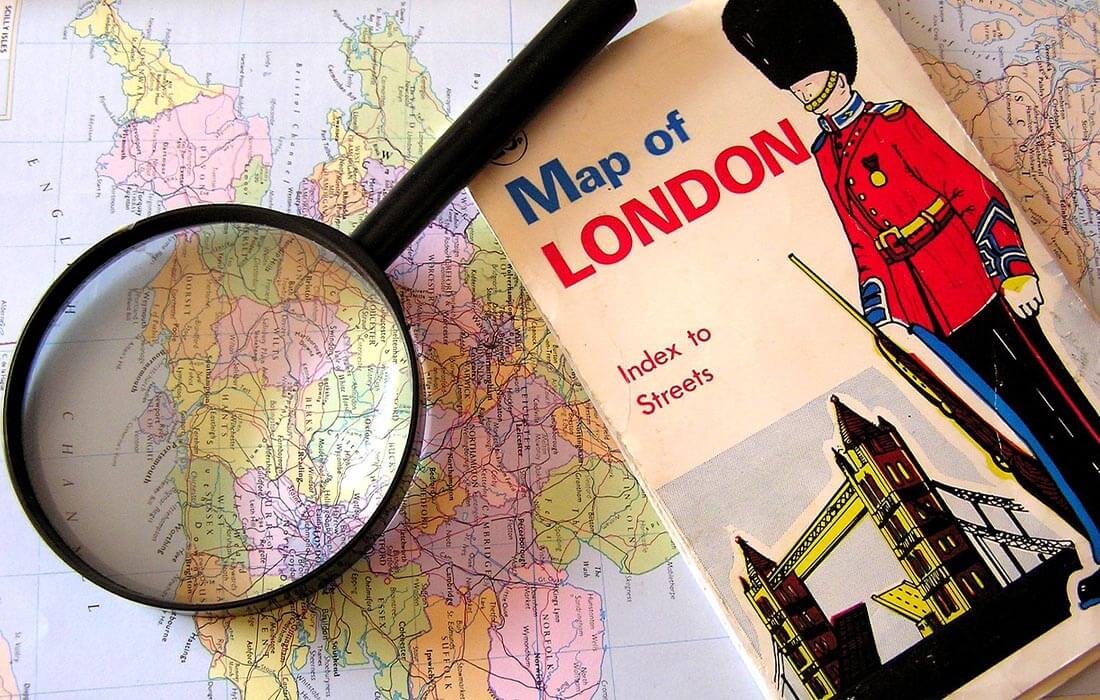If you're an expat planning to live or work in the United Kingdom, one of the essential tasks on your relocation checklist is opening a bank account.
A UK bank account provides you with a secure and convenient way to manage your finances, receive payments, and pay bills. However, navigating the process of opening a bank account as an expat can be unfamiliar and daunting.
To help you through this process, here’s a guide to opening a bank account in the UK.
01.
Choose the Right Bank
Research different banks in the UK to find the one that best suits your needs. Consider factors such as the bank’s reputation, the range of services they offer, fees and charges, and accessibility of branches and ATMs.
It’s a good idea to compare the offerings of several banks before making a decision.
02.
Determine the Account Type
The next step is to determine the type of bank account you need. There are various options available, such as current accounts, savings accounts, and joint accounts.
For everyday banking needs, a current account is typically the most suitable choice. If you want to save money, consider opening a savings account alongside your current account.
03.
Provide Identification
To open a bank account in the UK, you will need to provide identification documents. Generally, you will be required to provide a valid passport or national identity card as proof of your identity. Some banks may also ask for proof of your UK address, such as utility bills or rental agreements.
Ensure you have the necessary identification documents ready before visiting the bank.
04.
Proof of Address
As an expat, proving your UK address may be a challenge, especially if you’ve just arrived. In such cases, you can provide alternative documents such as a tenancy agreement, a letter from your employer, or a letter from a UK government department or agency.
Different banks may have specific requirements, so check with your chosen bank in advance to understand their proof of address criteria.
05.
Employment and Income Details
Many banks will require information about your employment and income. This includes details of your employer, such as their name, address, and contact information.
You may also need to provide evidence of your income, such as recent payslips or bank statements.
If you’re self-employed, you may be asked to provide additional documentation, such as tax returns or business accounts.
06.
Visit the Bank in Person
To open a bank account, you will typically need to visit the bank branch in person. Schedule an appointment with the bank or check if they offer walk-in services.
During your visit, a bank representative will guide you through the account opening process, verify your identification documents, and assist you in completing the necessary paperwork.
07.
Additional Services
While opening your bank account, you may want to explore additional services offered by the bank, such as online banking, mobile banking apps, or debit cards.
These services provide convenient ways to manage your finances, make payments, and access your account remotely.
08.
Consider Banking Fees
Be aware of any banking fees associated with your chosen bank and account type.
Common fees include monthly account maintenance fees, transaction fees, ATM withdrawal fees, and international transfer fees.
Consider these fees when selecting a bank and account, and inquire about any fee waivers or discounts available.
Opening a bank account in the UK is an important step towards establishing your financial presence in the country.
By following this guide and preparing the necessary documentation, you can navigate the process with confidence and choose a bank account that meets your needs.
Remember to compare different banks, explore their services, and understand any associated fees to make an informed decision. With your UK bank account in place, you’ll be well-equipped to manage your finances and enjoy a seamless banking experience during your stay.












